
Former U.S. secretary of state Henry Kissinger visits a villager's home in Xuchang, Henan province, on May 12, 2005. (Photo by Niu Shupei/For China Daily)
Kissinger: He always tried to 'think in long-range terms'
Former U.S. secretary of state Henry Kissinger, who helped to change the course of history by playing a pivotal role in normalizing United States-China relations, passed away at his home in the U.S. state of Connecticut on Wednesday at age 100.
"The world has lost a tireless advocate for peace. America has lost a towering champion for the national interest. I have lost a cherished friend and mentor," Winston Lord, Kissinger's top aide in the 1970s, told China Daily.
At dawn on July 9, 1971, Kissinger and Lord entered Chinese airspace aboard a Pakistani plane. The clandestine trip, which resulted in a Chinese invitation to then U.S. president Richard Nixon, resulted in top leaders from the U.S. and China meeting in February 1972 for the first time in two-and-a-half decades — a period during which the two countries were, in Kissinger's words, "at war, near war".
The trip also helped lay the foundation for today's international geopolitical structure.
The Nixon visit was followed by a prolonged period of what Kissinger called "cooperative coexistence" that saw China rising to be a dynamic element in the world economy and the U.S. "easing out of its pain at the outcome of the Vietnam War", according to Lord.
The passing of Kissinger, who had been the last surviving member of Nixon's Cabinet, comes at a time when China and the U.S. are working to improve what Kissinger deemed "the world's most consequential bilateral relationship".
In July, two months after Kissinger celebrated his 100th birthday, the centenarian traveled to Beijing, where his host reminded him of what had happened there 52 years before.
"It was in July 1971 in the same place — Villa No 5 of Diaoyutai State Guesthouse — that you and Premier Zhou Enlai had a meeting to start the normalization process," President Xi Jinping told Kissinger.
Some of the most intense hours of that visit and a subsequent one in October 1971 were spent between Kissinger and Zhou as the two negotiated a draft of what would become known as the Shanghai Communique.
"Today, more than 50 years later, the communique is still being invoked as one of the foundations of our relationship, while most communiques disappear within weeks," said Lord, who was U.S. ambassador to China from 1985 to 1989.
In a message of condolence, Chinese Ambassador to the U.S. Xie Feng wrote, "History will remember what the centenarian has contributed to China-U.S. relations, and he will always remain alive in the hearts of the Chinese people as a most valued old friend."
Recalling his 1972 meeting with Mao Zedong, Kissinger said the Chinese leader spoke allegorically, in "a Socratic manner", and "had the quality of being at the center of wherever he stood", adding that "it moved with him wherever he moved".
In December 1975, Mao told visiting U.S. president Gerald Ford that his secretary of state, Kissinger, "has been interfering in my internal affairs".
When asked to elaborate, the 82-year-old chairman answered, "He does not allow me to go and meet God."
"That would be too powerful a combination if he went there," Kissinger, who was also present, told Ford.
On May 27, 1923, Heinz Alfred Kissinger was born in the German city of Fuerth in northern Bavaria, the son of a schoolteacher and a homemaker. In 1938, five years after Adolf Hitler became chancellor of Germany, Kissinger fled from home with his Jewish parents and younger brother. He would return, first in a U.S. Army intelligence role in 1944 before Germany's defeat in World War II and then, years later, as Nixon's national security adviser, bleakly admitting that "my (left-behind) relatives are soap".
Many, including Walter Isaacson, former editor of Time magazine and author of the book Kissinger: A Biography, argue that this traumatic childhood experience explained Kissinger's preoccupation with peace and order, and had influenced the formation of his realist approach to foreign policy — a view that Kissinger himself did not share.
"The political persecutions of my childhood are not what control my life", he once said.








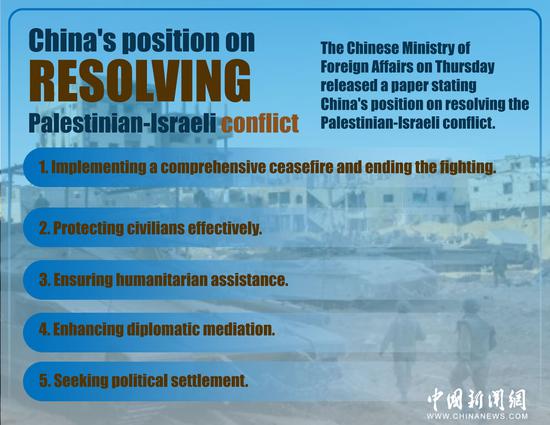

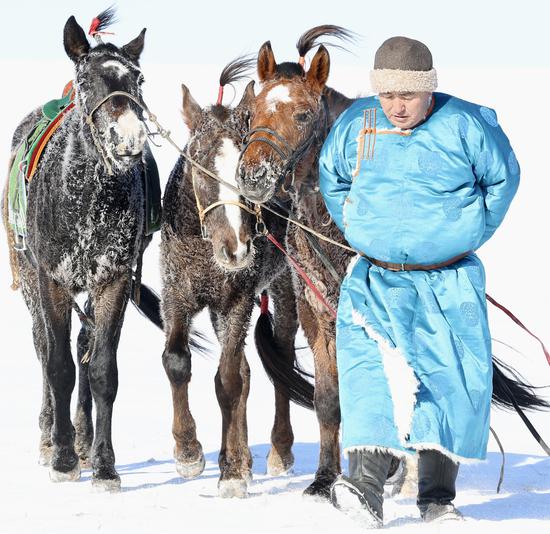
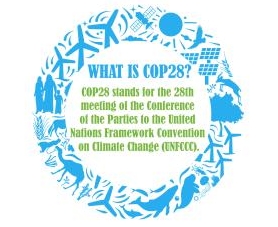
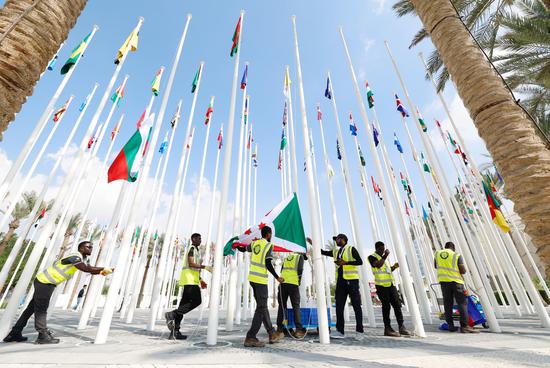
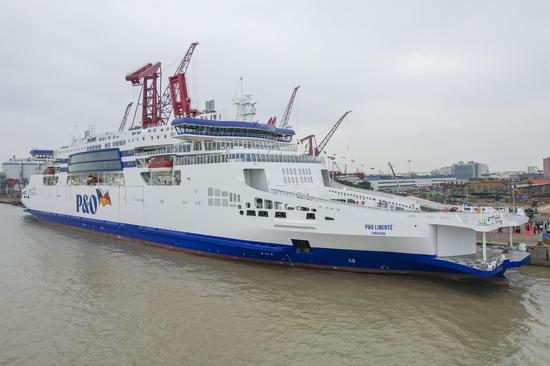
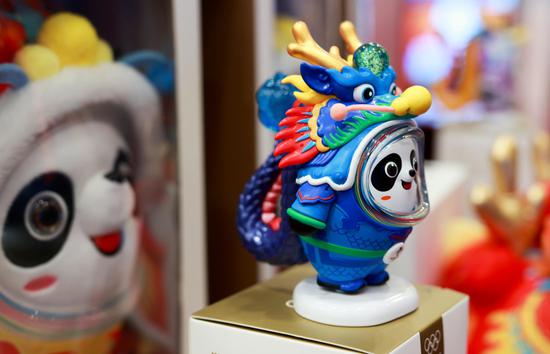
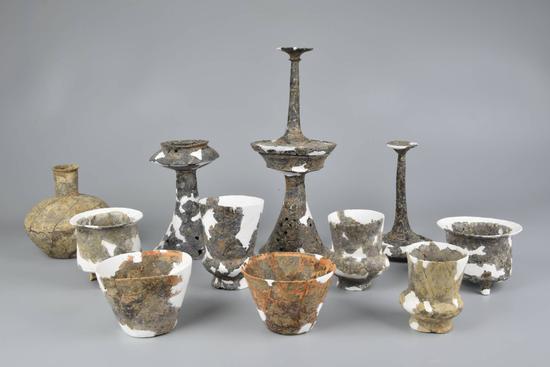
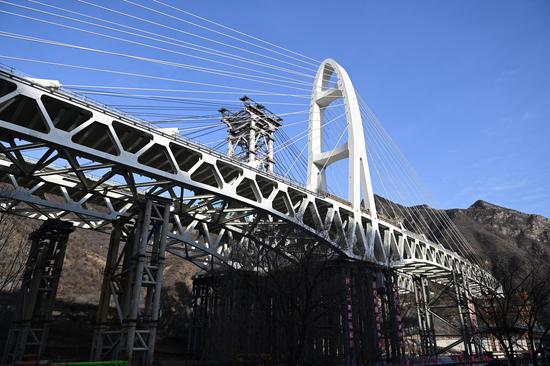
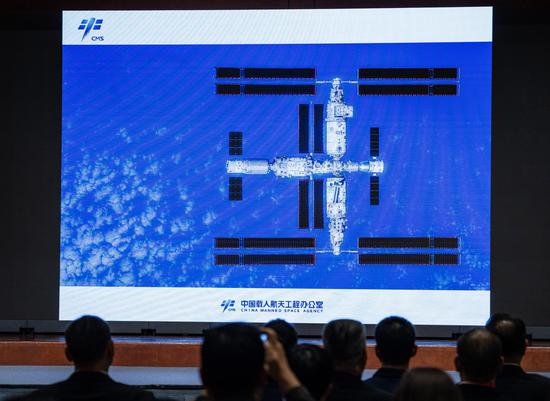
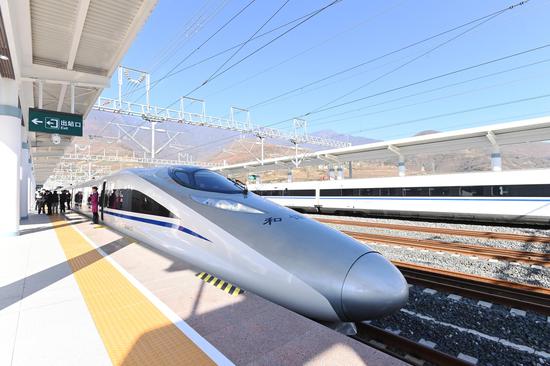
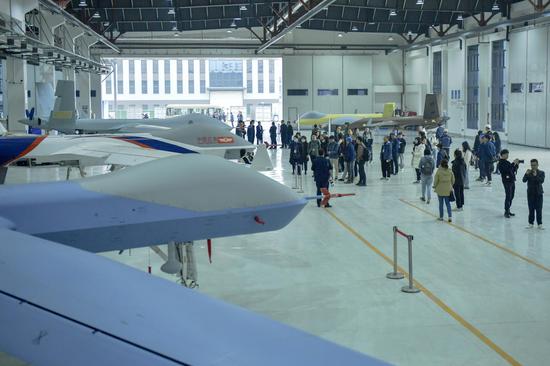


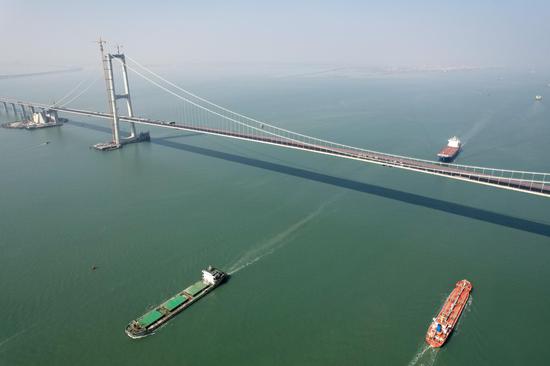
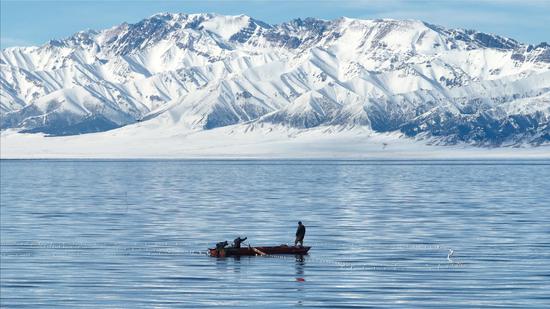
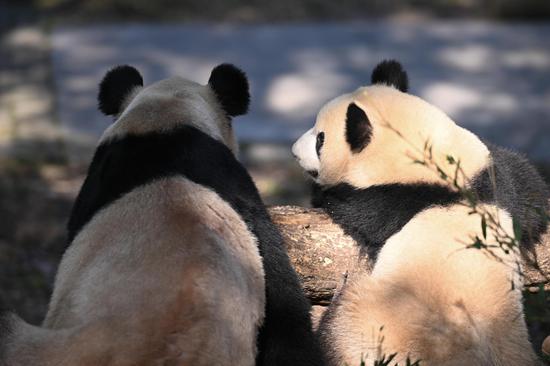
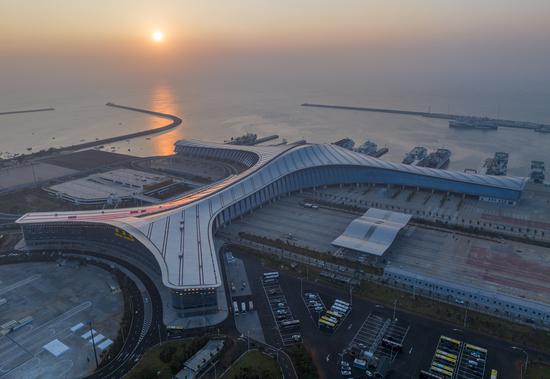
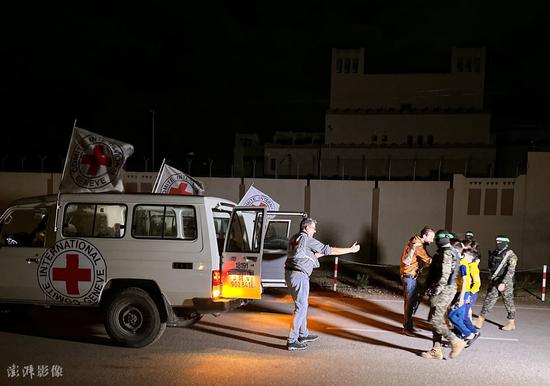
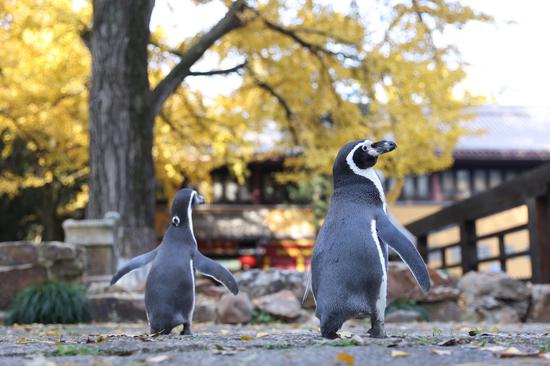

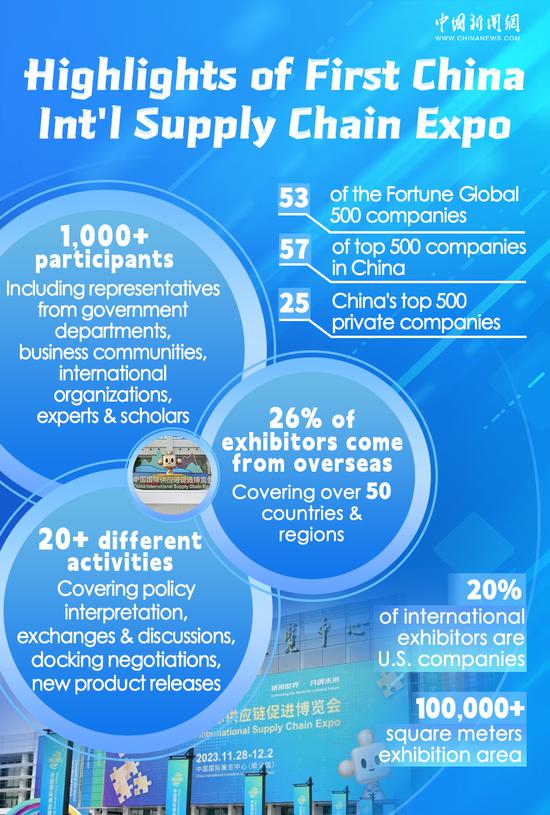


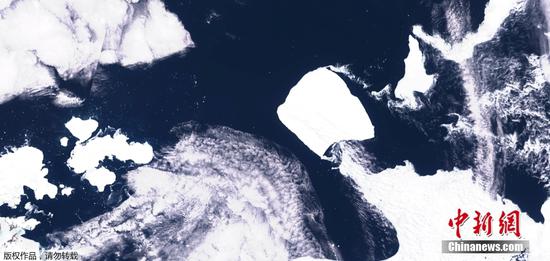

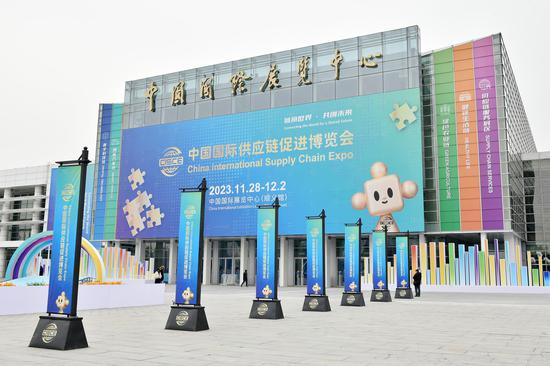
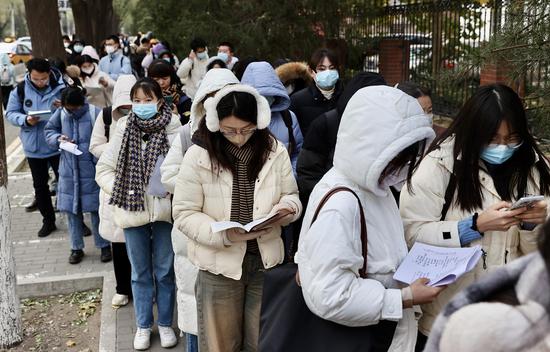


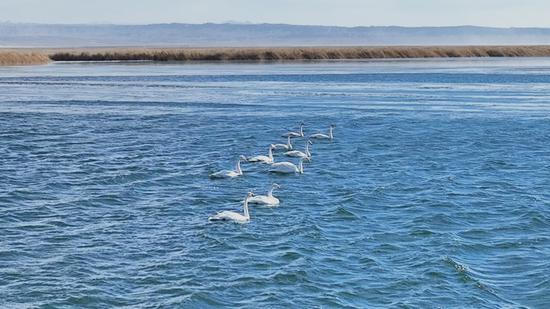

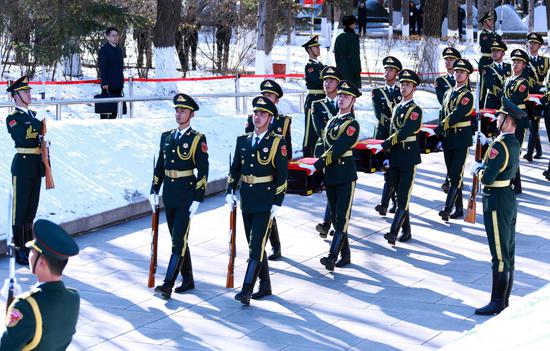
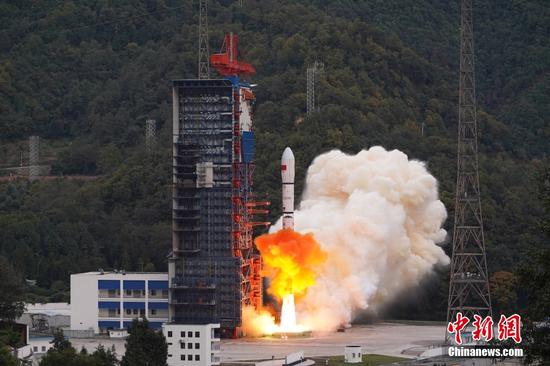

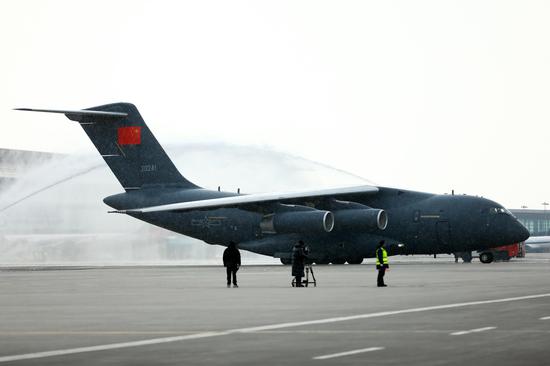






 京公网安备 11010202009201号
京公网安备 11010202009201号